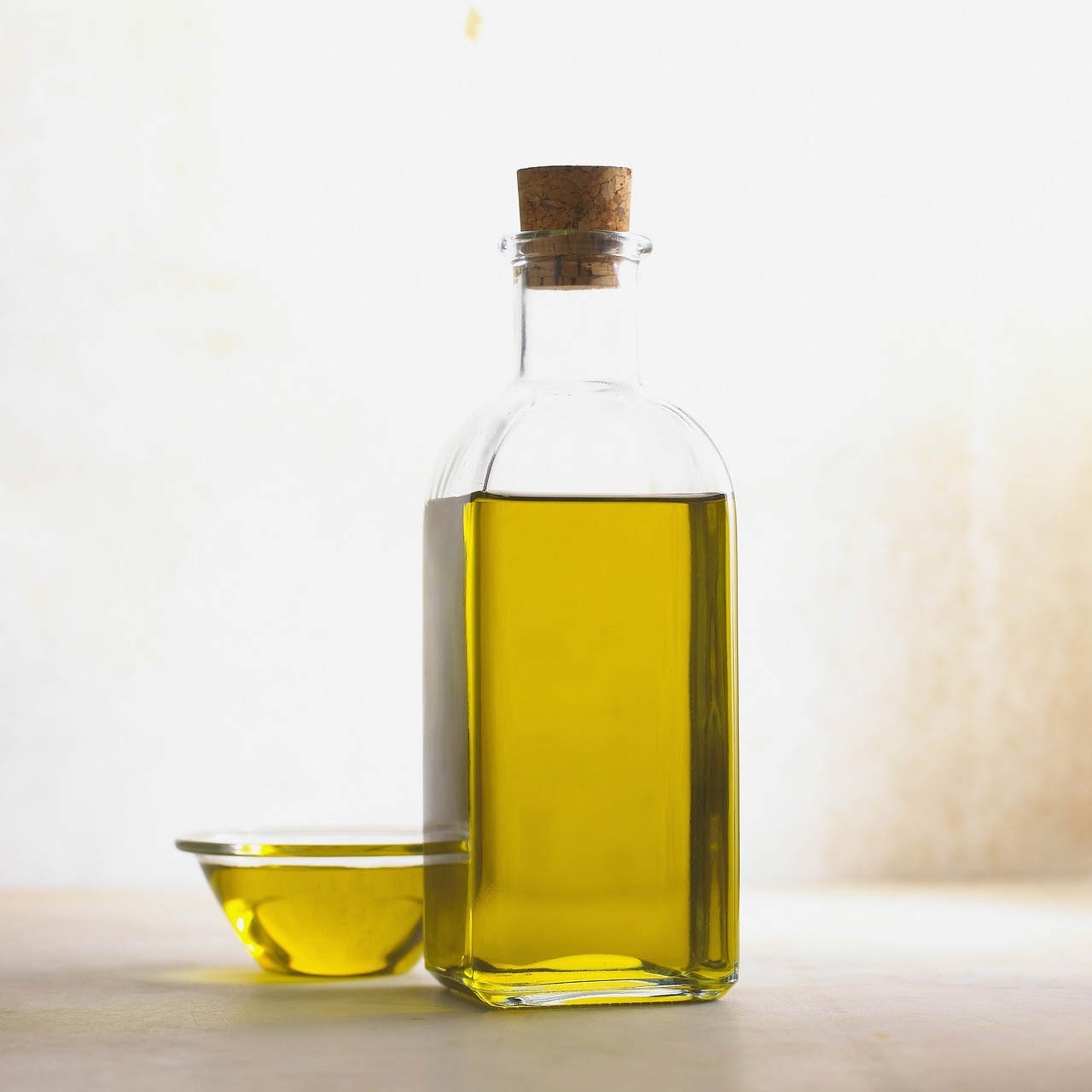For many baked goods we attempt, fat is a must. It’s what helps to create a tender texture and what keeps your cakes and brownies moist. The fat you bake with can assist with or hamper leavening, depending on whether you want a baked good that is fluffy or dense. It’s also a heat conduit, a major player in how your cake or cookie will brown, and if you’re using butter or ghee especially, an important part of the flavor profile.
And sometimes, it’s 11 pm on a Sunday, and you don’t have a drop of vegetable oil (a.k.a. soybean oil, by and large) left, but you need that batch of cardamom blondies now! Well, calm yourself. These 10 vegetable oil substitutes for baking range from the textbook stand-in you won’t even know is there, to the more flavor-rich proxies that could change the character of your food, but maybe for the better!
Canola and Safflower Oil
These are two of the most flavor neutral oils that are great in high heat, and you can use the same amount as you would vegetable oil. In the case of safflower oil, the smoke point is even higher and the flavor, even milder. You can’t go wrong with these two, but read on for alternatives that are actually much healthier.
Sunflower Oil


This is another flavor-neutral option that is processed from the harvested seeds of the enormous flowers. Excellent in high heat, it is one of the most heart-healthy, versatile, and useful fats for baking, deep frying, and many other culinary adventures.
Peanut Oil
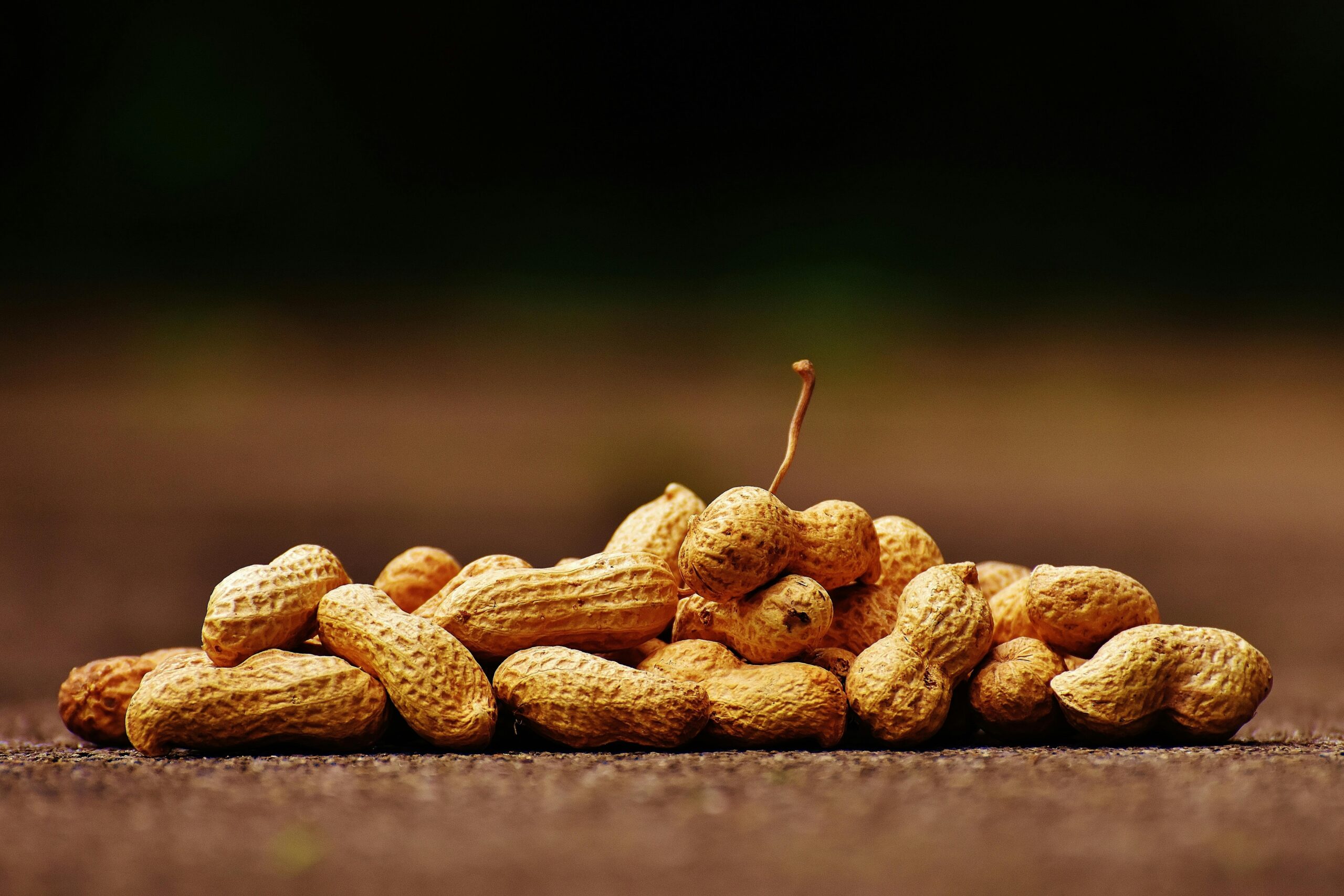

Peanut oil has a bit more of a noticeable flavor than the previous entries, but you won’t notice much of a difference. It also has a very high smoke point and is more stable in high heat, and is great at tenderizing — the chemical process that results in a nice texture that is easy-to-tear and crumble.
Olive Oil
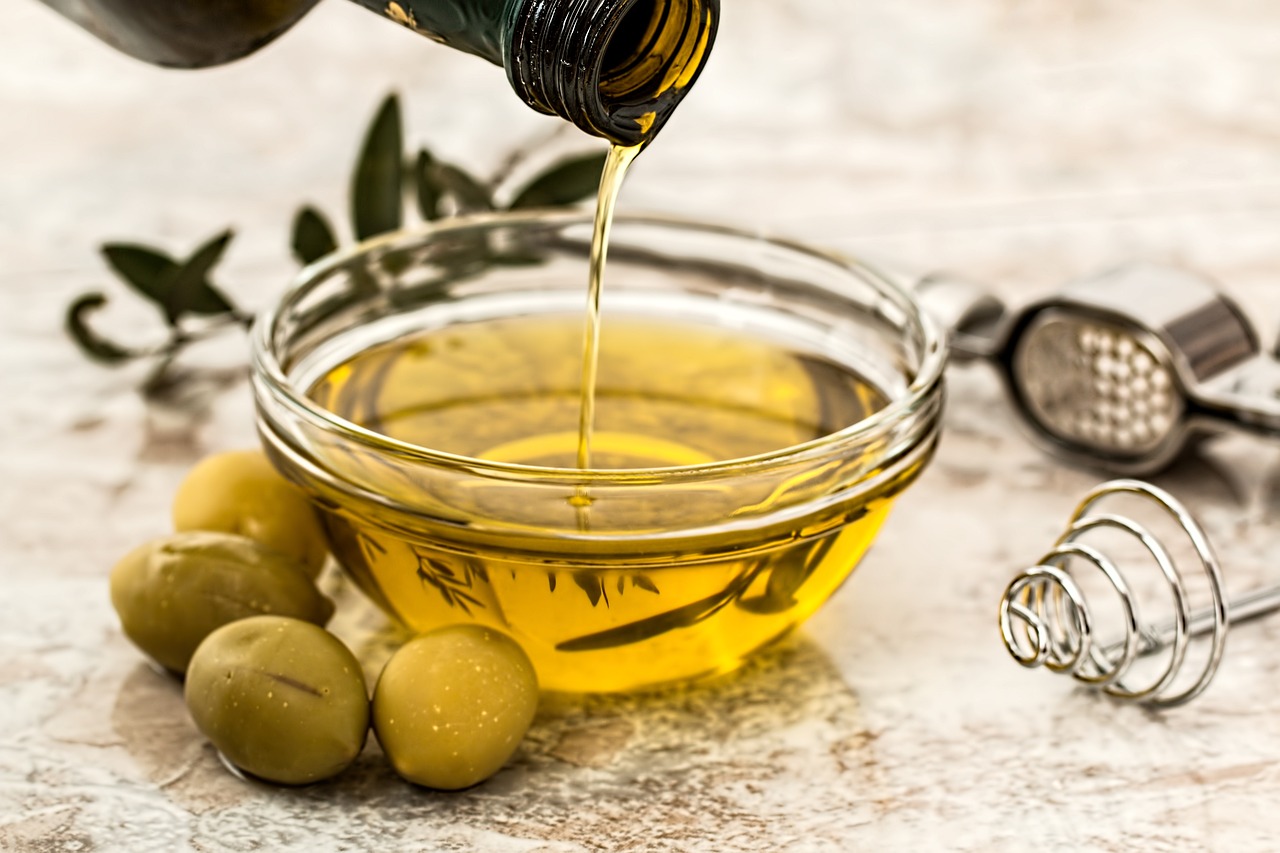

Yes, you can absolutely use olive oil for those blondies! It is healthier and the density is the same. The smoke point, while roughly 50F lower than vegetable oil, is still perfect for the majority of your baking needs. There is the matter of taste, and olive oil’s flavor can shine through especially if you only have the rich, extra virgin kind. However, many savory recipes call for it, and there are a ton of sweet ones that do, too. Give it a chance!
Coconut Oil


This is another option where the flavor could be an issue. Arguably though, that’s only if you use the unrefined sort, and only if you don’t like the mild flavor of coconut! If your dessert has any citrusy or fruity flavors, coconut oil could actually be complementary. You might need to melt it down first, but rest assured, it’s a phenomenal substitute.
Avocado Oil
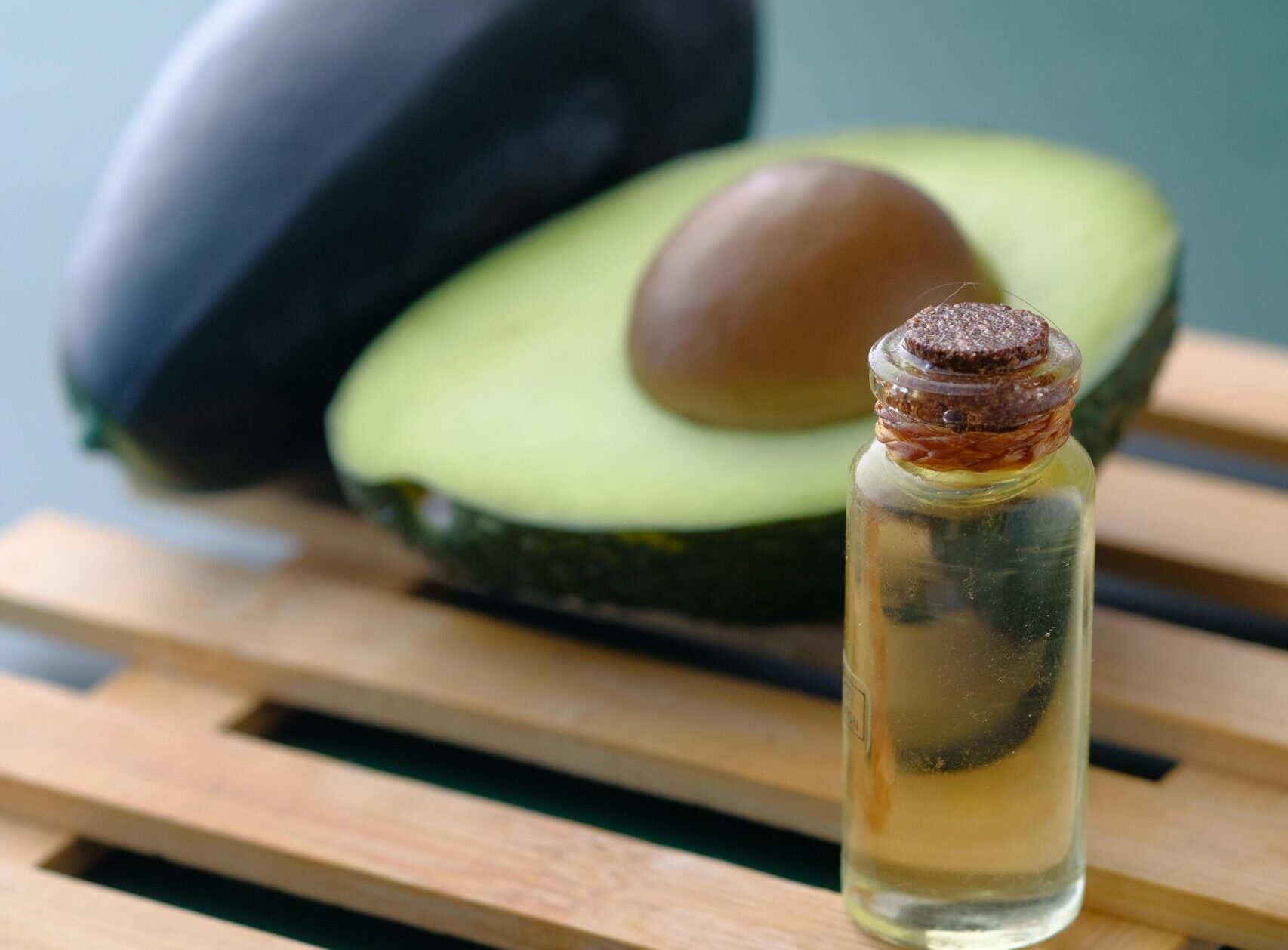

Avocado oil does also have a distinctive flavor, but being high in monounsaturated fat (one of the healthy ones) and safe for high-temperature baking, many people swear by it. It is superb for maintaining moisture and lends a richness to whatever you’re baking.
Banana


If you can get past the mild banana flavor in your baked treat, a mashed banana is a fat-free, much healthier option than the oils on this list. Banana is also good at thickening and contribute a good amount of moisture as well.
Apple Sauce
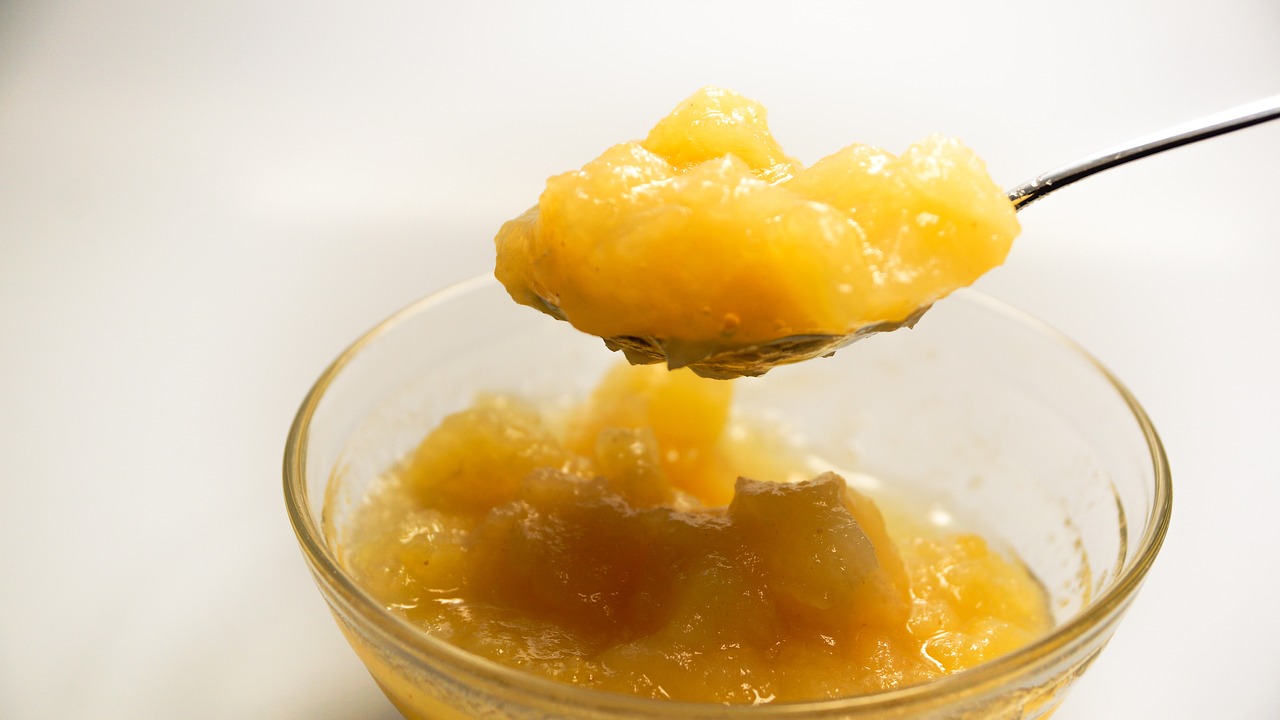

Much like banana, apple sauce is a fat free option that bakers use as a healthier oil alternative all the time. As one might imagine, you lose some of the richness, tenderness, and moisture you achieve baking with fat. But is it an effective substitute for vegetable oil for baking? Absolutely.
Butter (vegan or dairy)
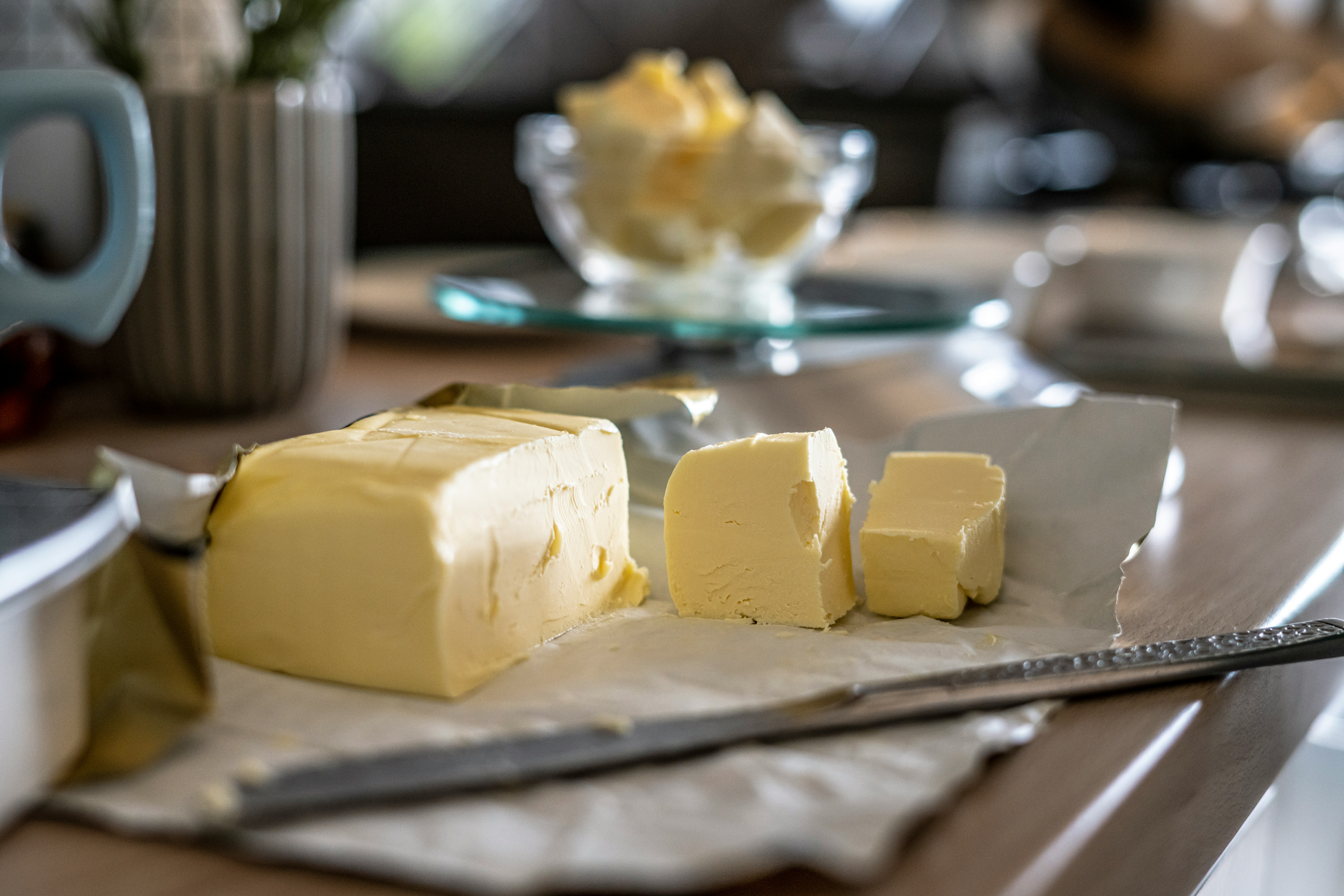

I don’t need to tell anybody reading this about how great butter is. I furthermore don’t need to tell you that it is far from the healthiest of these vegetable oil substitutes for baking. But, if opting for this sweet creamy mouth gold, you will get richness, moisture, and a flavor most bakers and eaters won’t be upset about. You can also cream butter and sugar together for some recipes such as cookies; not so with vegetable oil. Surprisingly perhaps, butter and oil are mostly 1:1, though for some recipes, you might need to increase the proportion of butter by around 25%. Use your judgment here. In conclusion, butter is a solid sub, and in terms of flavor, tenderness, and moisture, you might actually do better with butter.
